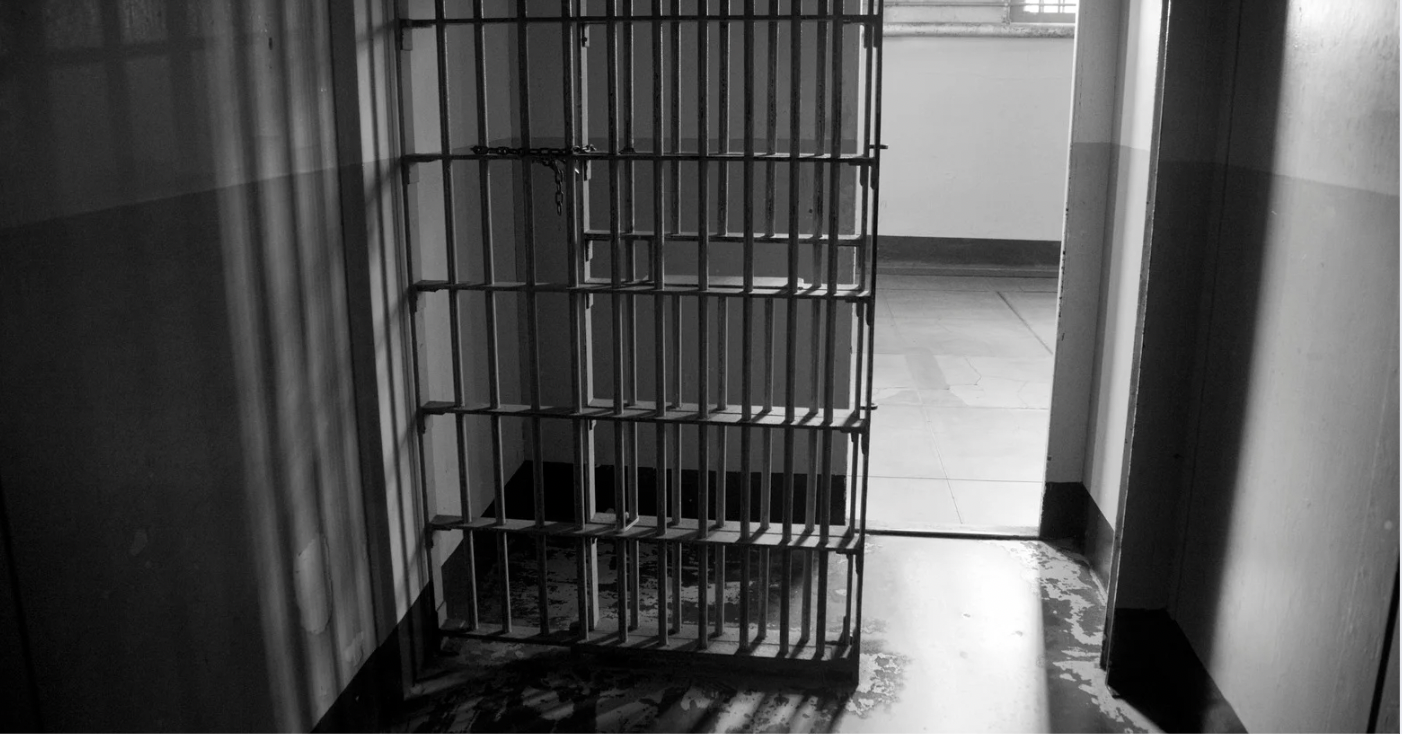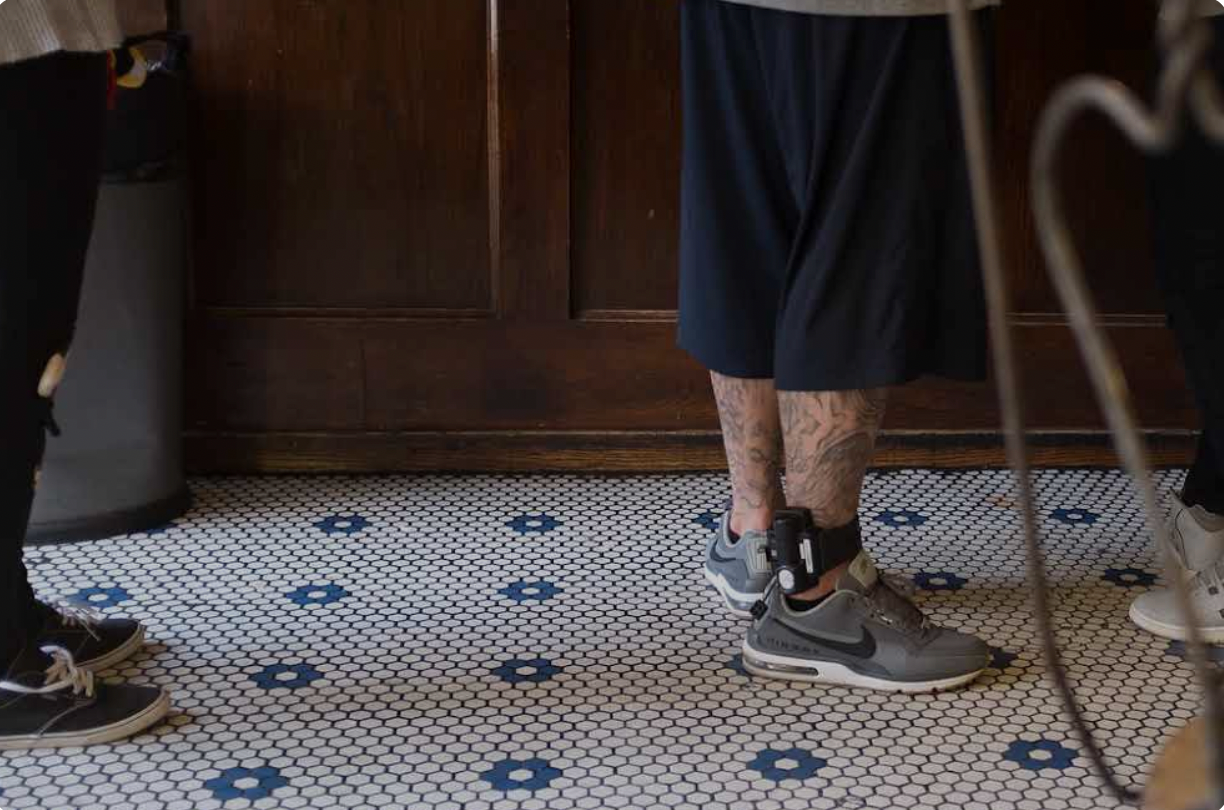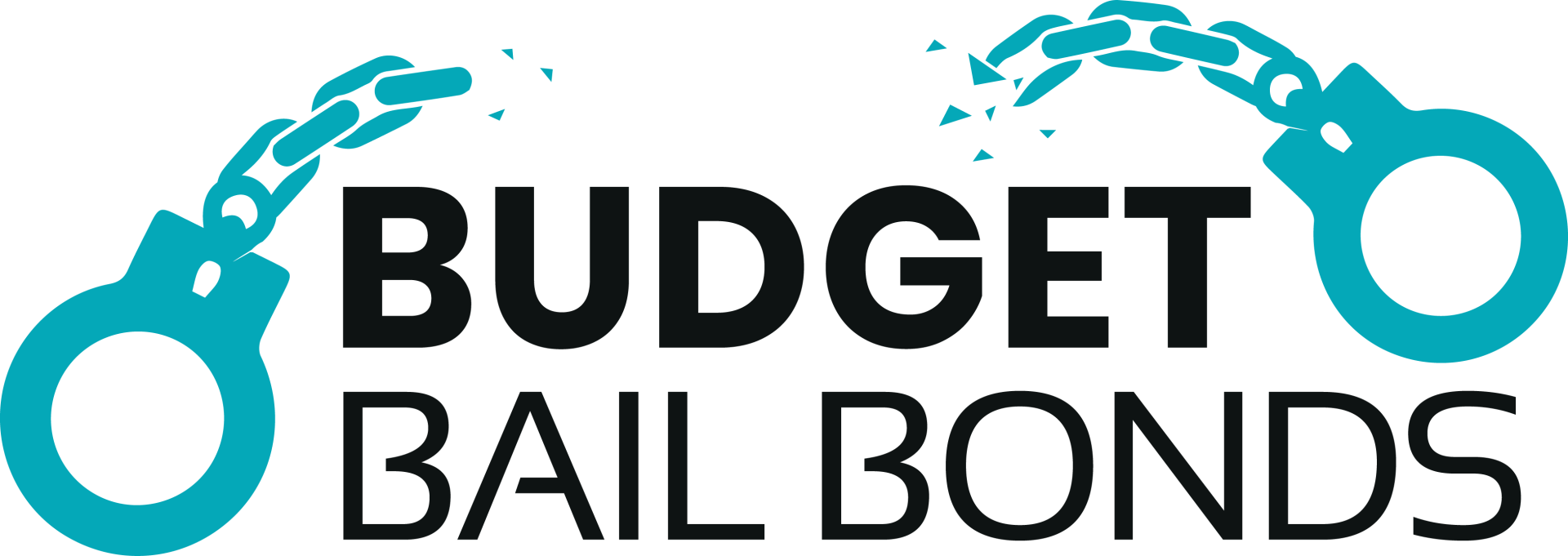What Does Bail Revoked Mean & Why Does It Happen?
Securing bail provides individuals a temporary release from jail while awaiting trial. However, this release isn’t guaranteed until the trial’s end; in some cases, the court may decide to revoke, or cancel, the bail. If you or someone you know is facing revoked bail, understanding what this means and the reasons behind it can be essential to navigating the legal process.
What Does “Bail Revoked” Mean?
When bail is revoked, it means that the court has canceled the defendant’s release, requiring them to return to jail. Once bail is revoked, the defendant must stay in custody until their trial or until another bail arrangement is approved (if possible). Typically, this decision is based on a breach of the terms set by the court, as bail is granted with the expectation that certain rules will be followed.
Common Reasons for Bail Revocation
There are several reasons why a court may choose to revoke bail. Here are some of the most common factors that can lead to this situation:
- Failure to Appear in Court: One of the primary conditions of bail is that the defendant must attend all scheduled court appearances. Missing even one court date can be seen as a breach of trust, leading the judge to revoke bail and issue a bench warrant for the defendant’s arrest.
- Violation of Bail Conditions: Along with attending court, defendants are often required to follow specific conditions while on bail. These can include restrictions on travel, maintaining employment, attending treatment programs, or avoiding contact with certain people. Violating any of these conditions can prompt the court to revoke bail.
- New Criminal Charges: If the defendant is arrested or charged with another offense while out on bail, it can be seen as a sign that they are a risk to public safety. This situation often results in bail revocation, with the court concluding that the defendant may pose further danger or is unlikely to follow the rules.
- Tampering with Evidence or Witnesses: Attempting to influence witnesses, tampering with evidence, or obstructing the investigation in any way can be grounds for bail revocation. Courts take these actions seriously, as they interfere with the judicial process.
- Alcohol or Drug Violations: For cases involving substance abuse or violence, a judge may impose conditions that prohibit the use of drugs or alcohol while on bail. Failing a drug test or violating these restrictions can lead to immediate bail revocation.
Consequences of Bail Revocation
When bail is revoked, the defendant is taken back into custody and may face additional consequences. They may lose the bail amount paid, and any co-signer or bail bond company could be financially impacted as well. Additionally, being held in custody while awaiting trial often makes it more challenging for defendants to prepare their defense.
Can You Prevent Bail Revocation?
To avoid bail revocation, it’s essential to strictly follow all court-mandated conditions. Here are a few tips to help:
- Attend Every Court Date: Missing court is the fastest way to lose your bail. Set reminders and make attending every appearance a top priority.
- Stay Informed About Conditions: Understand any restrictions or conditions placed on your release and follow them carefully.
- Avoid Legal Trouble: Avoid any situations or behaviors that could lead to further charges.
- Stay in Communication with Your Bail Bondsman: If you used a bail bond to secure release, stay in touch with your bail bondsman. They can often provide support and reminders to keep you on track.
Need Help with Bail? Contact Budget Bail Bonds
Budget Bail BondsIf you or a loved one is facing bail revocation or needs help with the bail process, Budget Bail Bonds is here to assist. Our team understands the challenges of navigating the legal system and is ready to provide service every step of the way. Don’t face this alone—Contact today for guidance, payment options, and 24/7 assistance.











